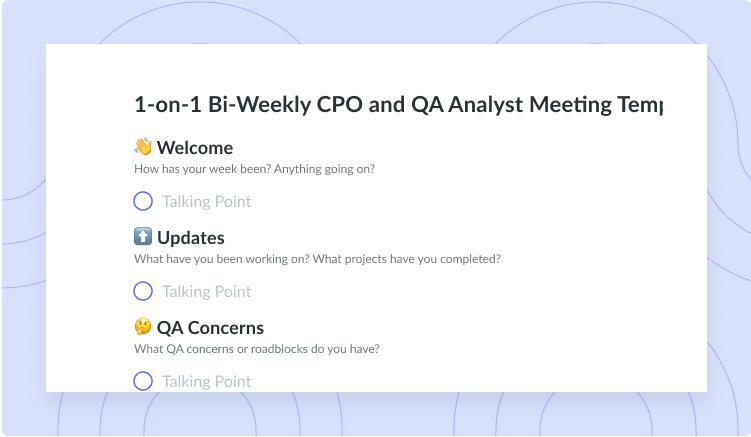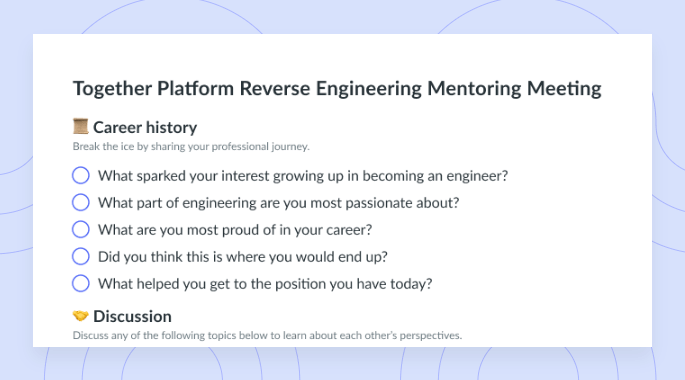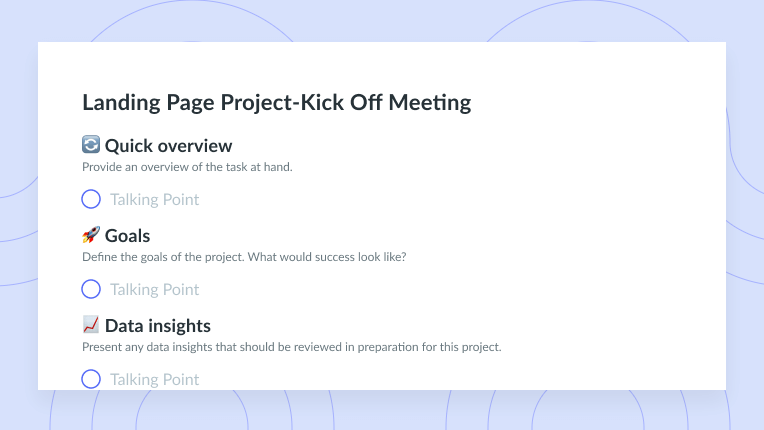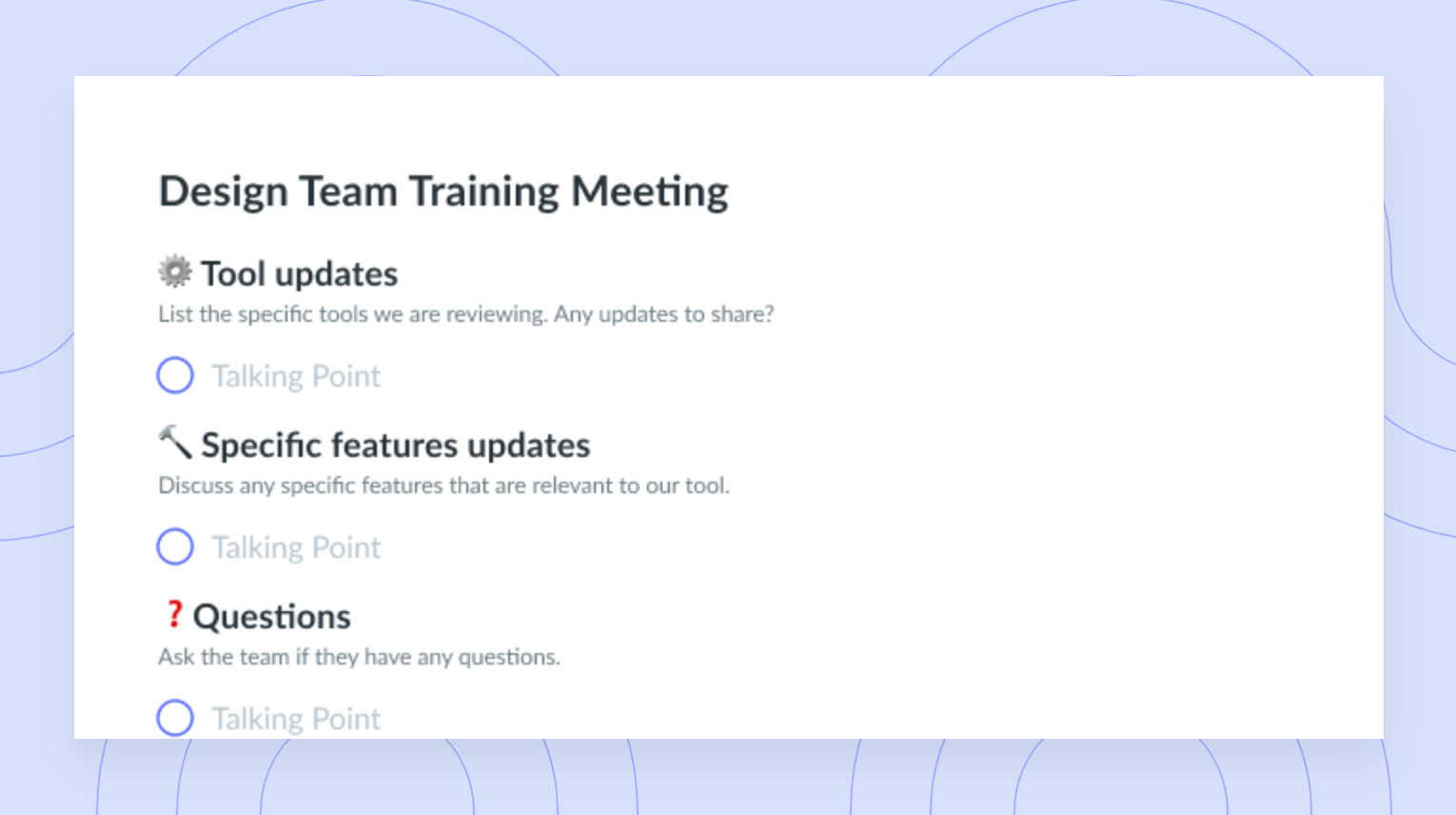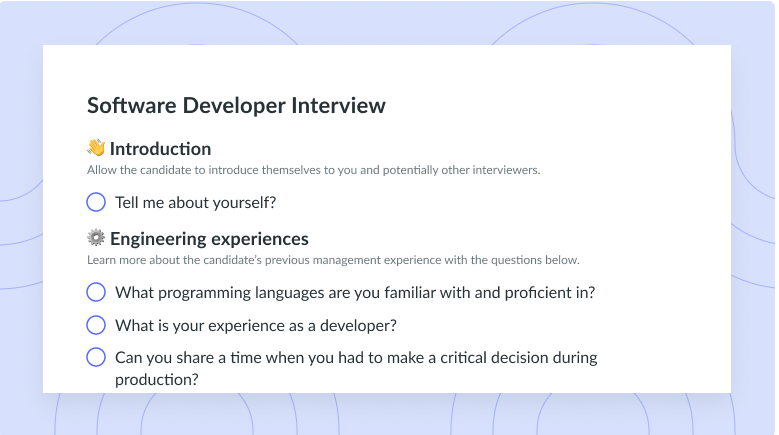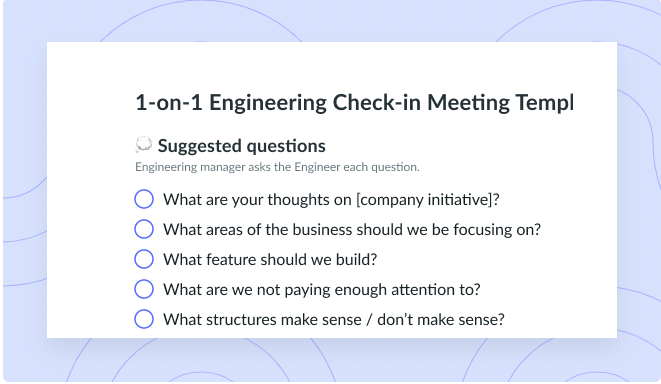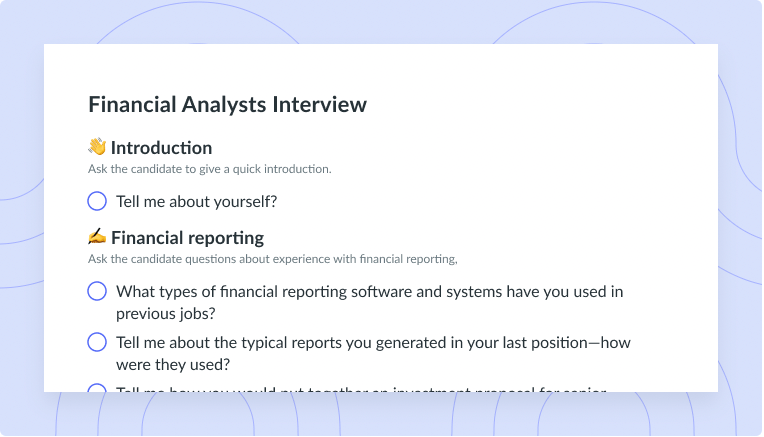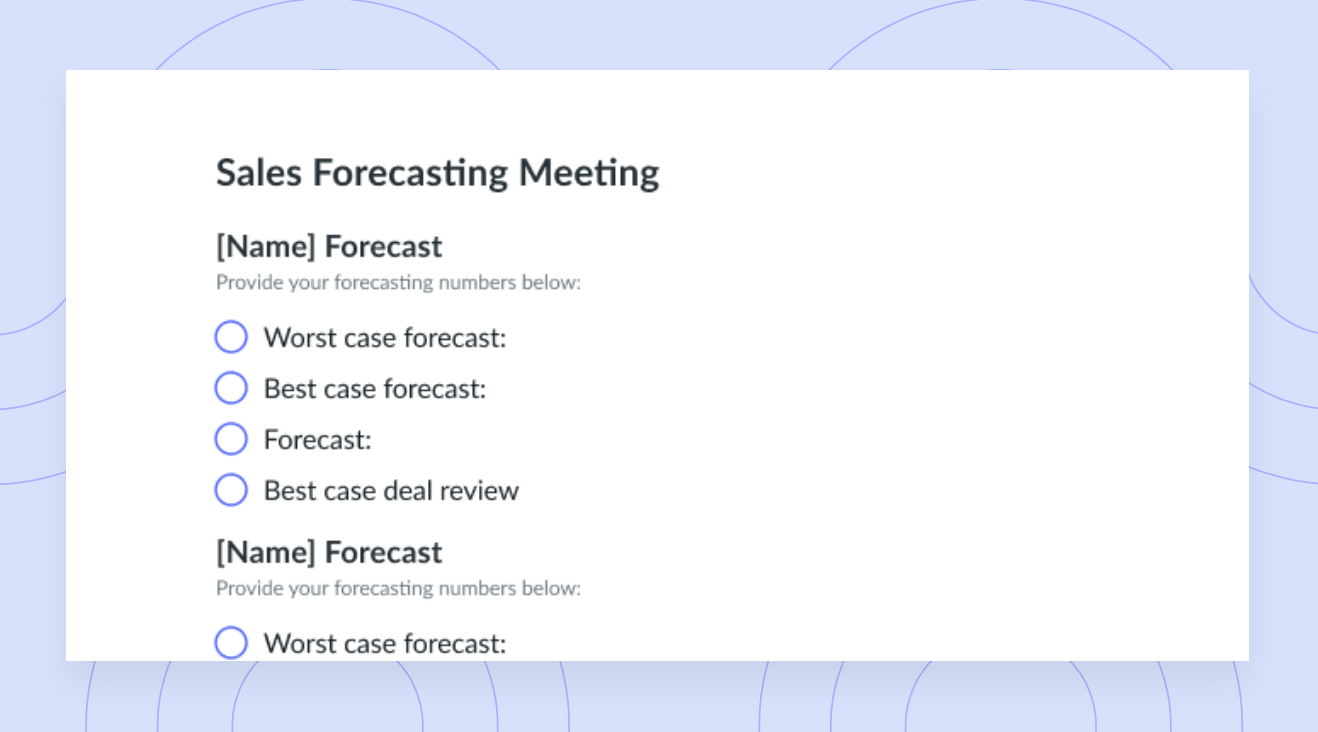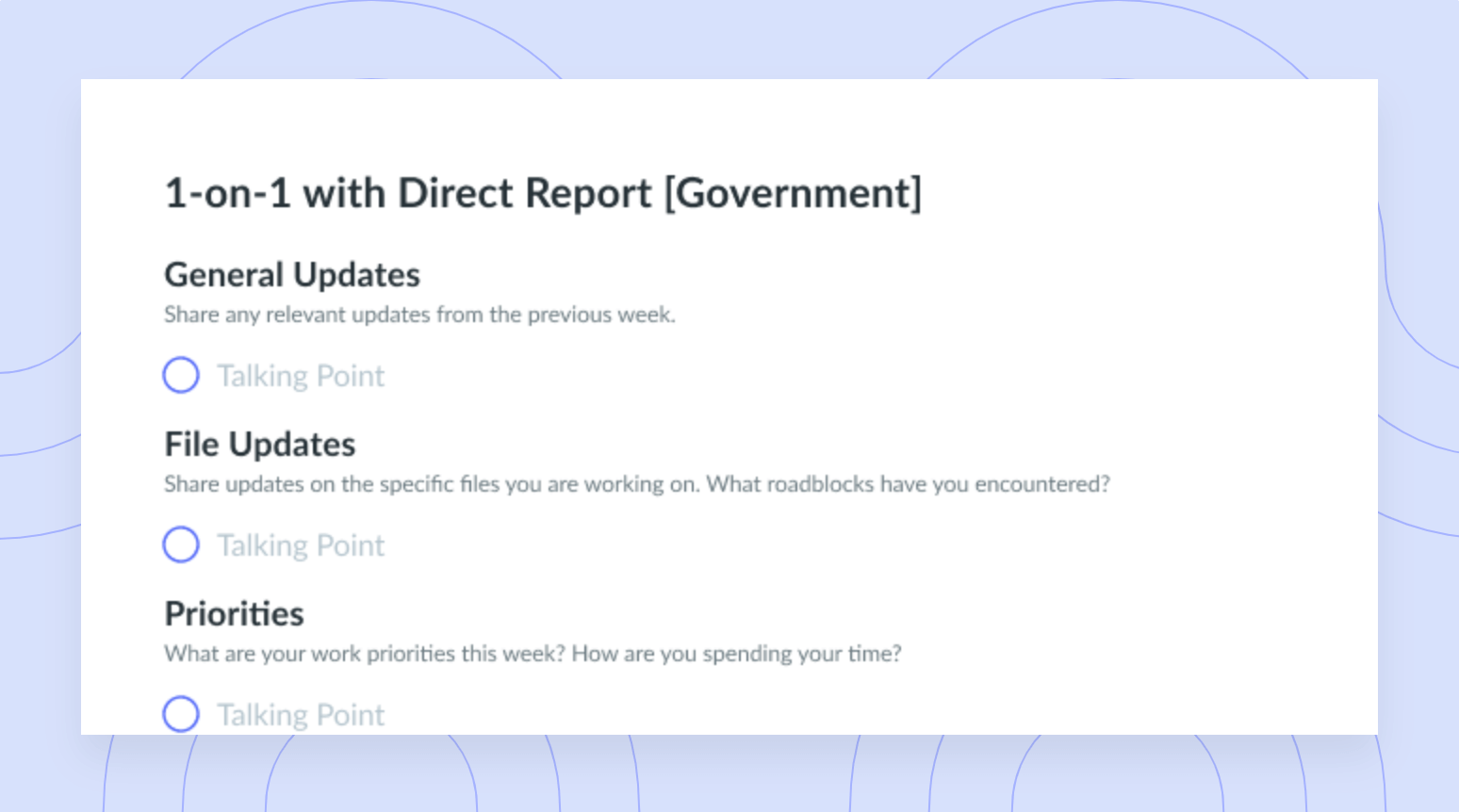Data Scientist vs. Software Engineer: Key Differences
Looking to add a new member to your organization’s IT team? Learn what data scientists and software engineers can bring to the table.
Data science and software engineering are two rapidly growing fields in the world of IT. They can lead to a variety of career paths that help organizations achieve key results within their data and software applications. In this article, you’ll learn all about the difference between data scientists vs. software engineers and why these positions are unique and important within organizations.
- Data scientist vs. software engineering
- Daily tasks of a data scientist
- Daily tasks of a software engineer
- Software engineer vs. data scientist: key differences
- Career paths: data science vs. software engineering
Data scientist vs. software engineering
What is data science?
Data science is a field in which programming, artificial intelligence (AI), machine learning, and statistics are used to collect data and analyze it.
What is software engineering?
Software engineering is a branch of computer science that involves designing, developing, and testing computer software based on end users’ needs.

Build a culture of effective meetings with your engineering team
Level up your engineering meeting habits to boost engagement and productivity with a collaborative meeting agenda. Try a tool like Fellow!
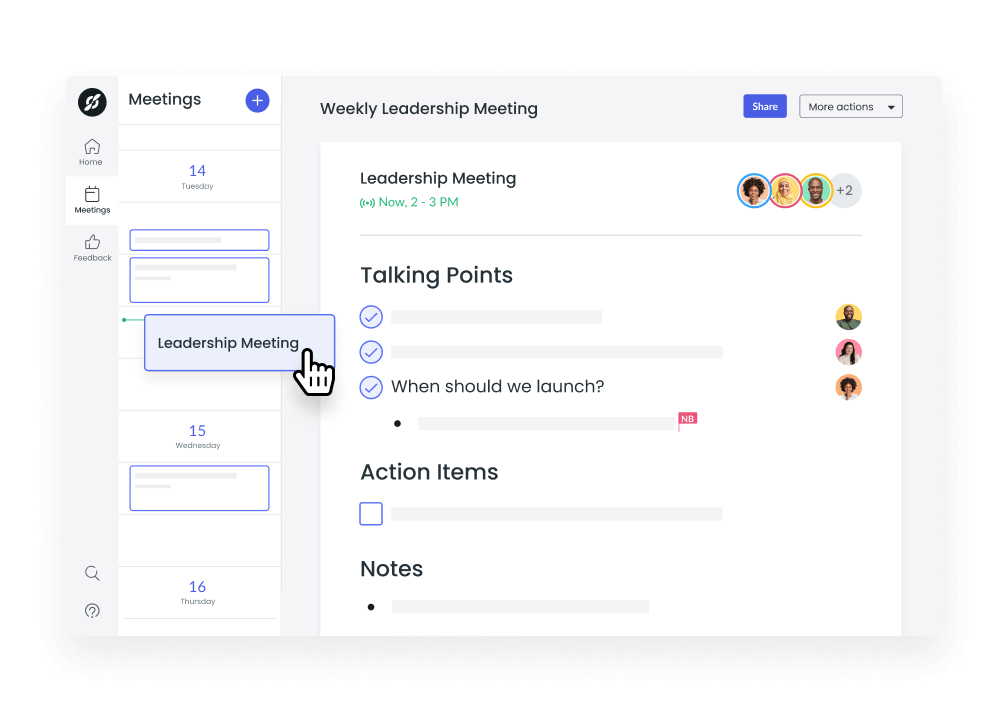
Daily tasks of a data scientist
Below are some of a data scientist’s everyday responsibilities.
- Review data with a fine-toothed comb
- Finding issues in data
- Correct errors
- Share reports and results
1Review data with a fine-toothed comb
The information data scientists work with is typically complex and unstructured. They need to clean and sort through this data to organize it. This way, they can get key insights into the data, including trends organizations can use to guide their decisions.
2Finding issues in data
Data scientists are in charge of finding data issues both big and small. They run data counts to find missing values, pinpoint inaccuracies across data sets, and identify (and fix) data security problems.
3Correct errors
Data scientists come up with the right solutions for the issues they find. They might create new structures that help them better organize their data. They might also introduce innovative data management solutions. Any other problem-solving strategies can be on the table too.
4Share reports and results
Data scientists build reports based on their data insights. They might create charts that outline details or key takeaways from their datasets. They’ll then share these reports with their organization’s decision-makers, clients, and other stakeholders.
Daily tasks of a software engineer
Below are some of the tasks a software engineer handles day-to-day.
- Design and maintain software systems
- Run program tests
- Reach peak software efficiency
- Meet with stakeholders
1Design and maintain software systems
Software engineers can tell you a thing or two about developing and testing code – it’s one of the main parts of their job. These engineers design and build computer systems and applications. They also maintain these systems or fix faulty programs within existing systems.
2Run program tests
Software engineers test their programs to make sure they’re running properly. They also look for and fix any bugs that could compromise the system’s security or cause other issues.
3Reach peak software efficiency
Once a system is up and running, software engineers check to make sure it’s working at optimal efficiency. This can save an organization lots of time and money.
4Meet with stakeholders
When software engineers are developing new systems, they work closely with the product’s stakeholders. This way, they can make sure the final result aligns with expectations.
Software engineer vs. data scientist: key differences
Here are some key data scientist vs. software engineer distinctions.
Median annual salary
On average, software engineers earn about $90,380 per year in base pay. Data scientists’ base pay averages roughly $102,780 per year.
Education
A bachelor’s degree in software engineering, computer science, IT or another relevant field is a requirement for software engineers. Data scientists need a bachelor’s degree in data science, computer science, or a related field. Many organizations prefer candidates with a master’s degree in one of these fields.
Methodology
Software engineers use a few different methodologies to help them plan and manage systems. Some of the most common are Agile, waterfall, rapid development, and DevOps. The data scientist methodology involves six steps: business understanding, data understanding, data preparation, modeling, evaluation, and deployment.
Qualifications and skills
JavaScript, Python, and TypeScript are some of the most popular languages that software engineers learn. Software engineers should also know how to test code and debug it. (We’re not talking pest control here, but finding and fixing errors that keep code from running properly.)
Computer programming, software testing and debugging, data organization, and problem-solving are some of a software engineer’s most important skills. Data scientists need skills in machine learning, mathematics, programming, statistics, and statistical analysis.
While the specifics of their jobs might differ, both data scientists and software engineers should know how to communicate effectively with their colleagues. They should also be great organizers. With top-notch communication and organization, they can stay at the top of their game.
Career paths: data science vs. software engineering
- Common data science careers
- Qualifications and skills required for a data scientist
- Common software engineering careers
- Qualifications and skills required for a software engineer
Common data science careers
Below are some common careers in data science.
- Data analyst. These data specialists gather and interpret data with the goal of answering questions, identifying trends, or solving problems. The analysts then share their findings with leaders in their organizations, as well as stakeholders.
- Machine learning engineer. A machine learning engineer designs and builds AI systems that run on large data sets. This engineer does experiments, organizes data, and runs tests to create and improve these complex models.
- Database architect. A database architect is responsible for creating databases that meet an organization’s needs and standards. These structures will support an organization’s applications and networks.
- Data engineer. A data engineer is a computer programmer who’s in charge of structuring data so that it’s readable and digestible for stakeholders. They build databases to organize data, write algorithms to make it usable, and analyze it.
- Business IT analyst. A business IT analyst helps an organization improve its services and software through data analytics. They review the organization’s requirements and make sure its information systems are boosting the organization’s efficiency.
Qualifications and skills required for a data scientist
Below are some key data scientist qualifications and skills.
- Experience with R programming. R is one of the easier programming languages to learn. Data scientists use it to analyze data, represent it visually, and import and clean it.
- Knowledge of Python. Python is a programming language data scientists commonly use to create and run all kinds of functions.
- Experience with AI and machine learning. Data scientists frequently use machine learning and AI tools to organize, visualize, and process large datasets.
- Strong communication. Data scientists need to explain data issues, insights, status updates, and solutions in clear, plain language. They also need to work closely with other team members to meet stakeholder expectations and deliver quality results.
Common software engineering careers
Below are some careers commonly open to software engineers.
- Computer programmer. Computer programmers write, test, and edit code that builds software solutions and powers applications.
- Web developer. A web developer builds websites, makes sure they’re performing properly, and suits them to handle ample web traffic. These developers manage websites’ technical aspects rather than what website visitors see.
- Software developer. Software developers write code to build software and applications that solve common user issues.
- Information systems manager. Also known as an IT manager, an information systems manager oversees an organization’s technology and computer systems teams. They also work with project managers to guide software projects from start to finish.
- DevOps engineer. A developer operations (DevOps) engineer oversees a software application’s life cycle. These specialists have a wide range of knowledge through which they maintain and improve software.
Qualifications and skills required for a software engineer
Below are some key software engineer qualifications and skills.
- Communication. Software engineers need to communicate well so that the complex ideas, problems, and solutions they talk about seem clear as day. This way, engineers and their teams can always be on the same page.
- Adaptability. When building and managing software, issues can arise at any time. This means software engineers should know how to quickly respond to any problems. They should also know how to rapidly find new solutions ideal for the whole organization.
- Time management. Effectively time management is important for keeping projects on track and completing them on time. Creating and sticking with a set timeline for a project is important for making sure products meet quality standards without extending beyond deadlines.
- Attention to detail. A sharp focus on detail is key to writing quality code, catching errors, and finding solutions that directly address issues. As the masterminds behind applications and programs, software engineers should know how to give detailed instructions that lead to the products that stakeholders expect.
Building real solutions
At first glance, data scientists and software engineers might seem to have similar roles and responsibilities. But taking a closer look at these positions shows their clear differences.
If you’re an engineering leader or manager, Fellow can help you improve your organization’s development process through seamless communication and meeting features. With solutions for running effective project check-ins and creating collaborative meeting agendas, Fellow has all the tools you need for data and software teamwork. You’ll get all your most complex data and software projects up and running without a problem.









